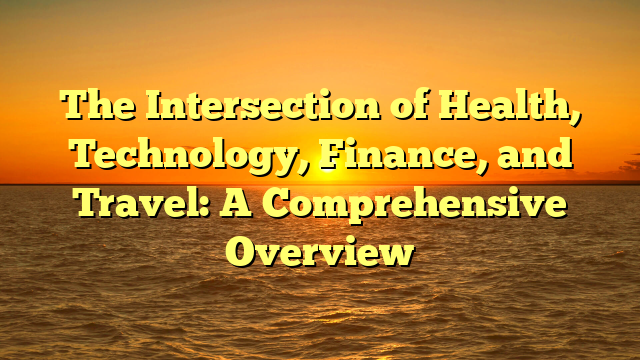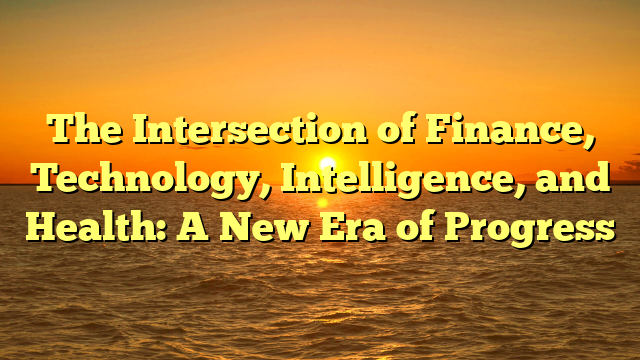
As Indonesia prepares for the leadership of President-elect Prabowo Subianto, one of his most ambitious and widely discussed policies is the free lunch program for schoolchildren. Designed to address malnutrition, improve educational outcomes, and support local food industries, the initiative has the potential to become a defining aspect of Prabowo’s presidency. However, while bayar 4d is widely popular among the public, questions remain about its feasibility, sustainability, and long-term impact. If successfully implemented, could this initiative cement Prabowo’s legacy as a transformative leader, or will it become an overwhelming financial burden for the nation?
The free lunch program is primarily aimed at tackling Indonesia’s persistent malnutrition problem, which continues to affect millions of children. According to the World Bank, approximately 22% of Indonesian children under the age of five suffer from stunting due to chronic malnutrition. Stunted children face significant disadvantages in physical growth, cognitive development, and overall well-being. By ensuring that school-aged children receive at least one nutritious meal per day, Prabowo’s initiative could play a crucial role in breaking the cycle of poverty and improving Indonesia’s human capital. A healthier generation of students would be better equipped to focus on their education, perform well academically, and contribute more effectively to the country’s economic development.
Education is another key area that stands to benefit from the free lunch program. Hunger has long been recognized as a major barrier to learning, particularly for children from low-income families. Many students attend school on an empty stomach, which affects their concentration, energy levels, and ability to retain information. By providing nutritious meals, the program could help improve student performance, reduce absenteeism, and enhance overall school attendance rates. Over time, better educational outcomes could lead to a more skilled workforce, which would strengthen Indonesia’s economy and global competitiveness.
While the benefits of the program are clear, its implementation presents significant challenges, particularly in terms of funding. Providing free meals to millions of students daily requires a massive budget, with estimates running into the tens of trillions of rupiah annually. Critics argue that unless a sustainable financial plan is put in place, the program could strain Indonesia’s fiscal resources, leading to increased government debt or reductions in funding for other critical sectors such as healthcare and infrastructure. The government must explore innovative funding strategies, including public-private partnerships and efficiency-driven budget allocations, to ensure the program’s longevity.
Logistics and execution are also crucial factors in determining the success of the program. Indonesia’s vast and diverse geography, with thousands of islands and rural communities, makes food distribution a complex challenge. Ensuring that meals are delivered consistently, safely, and at high quality will require a well-coordinated effort between national and local governments, food suppliers, and transportation networks. Without strong oversight, the program could face inefficiencies, corruption, or supply chain disruptions that hinder its effectiveness.
In conclusion, Prabowo’s free lunch program has the potential to be a landmark social initiative that defines his presidency and leaves a lasting impact on Indonesia’s future. If executed successfully, it could improve child nutrition, enhance education, and stimulate economic growth. However, financial constraints and logistical challenges must be carefully managed to prevent the program from becoming an unsustainable burden. Whether this initiative secures Prabowo’s legacy as a visionary leader or becomes a policy misstep will depend on the government’s ability to implement it effectively and sustainably.





